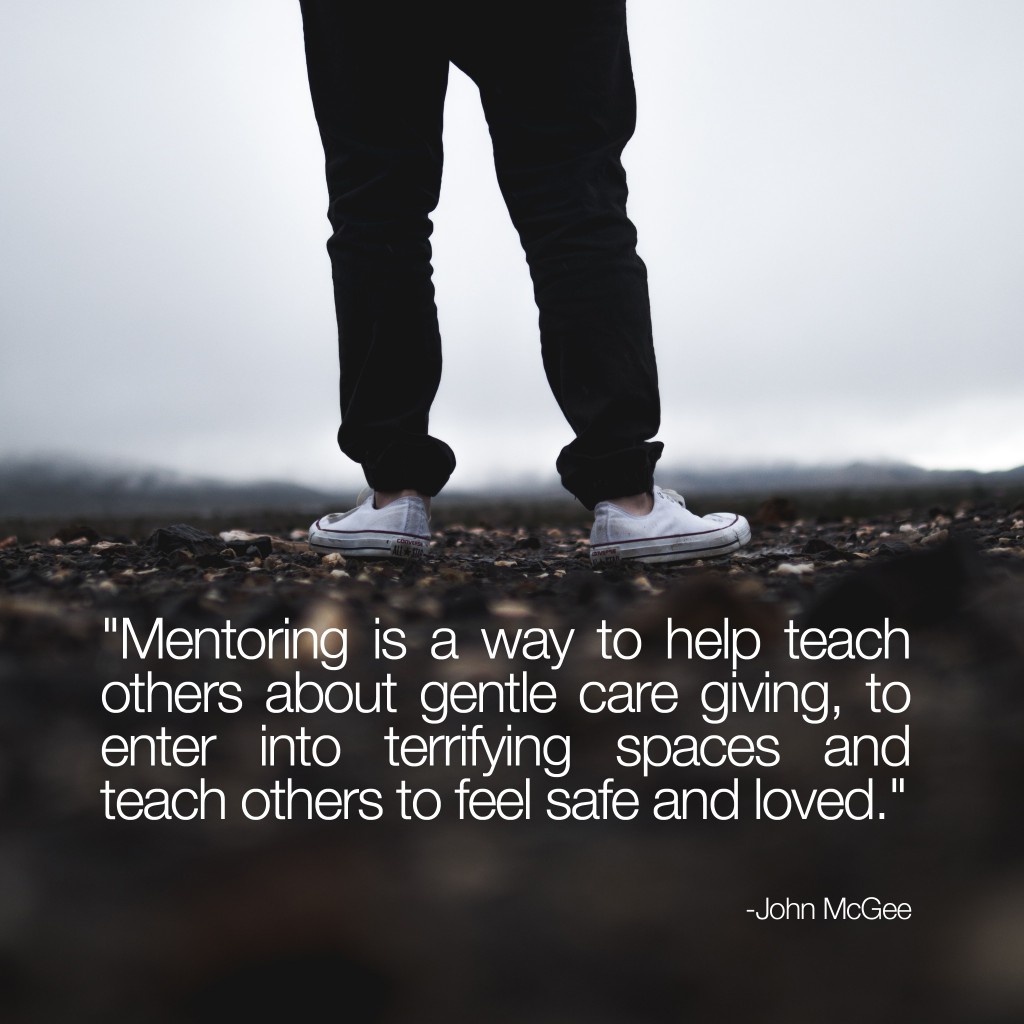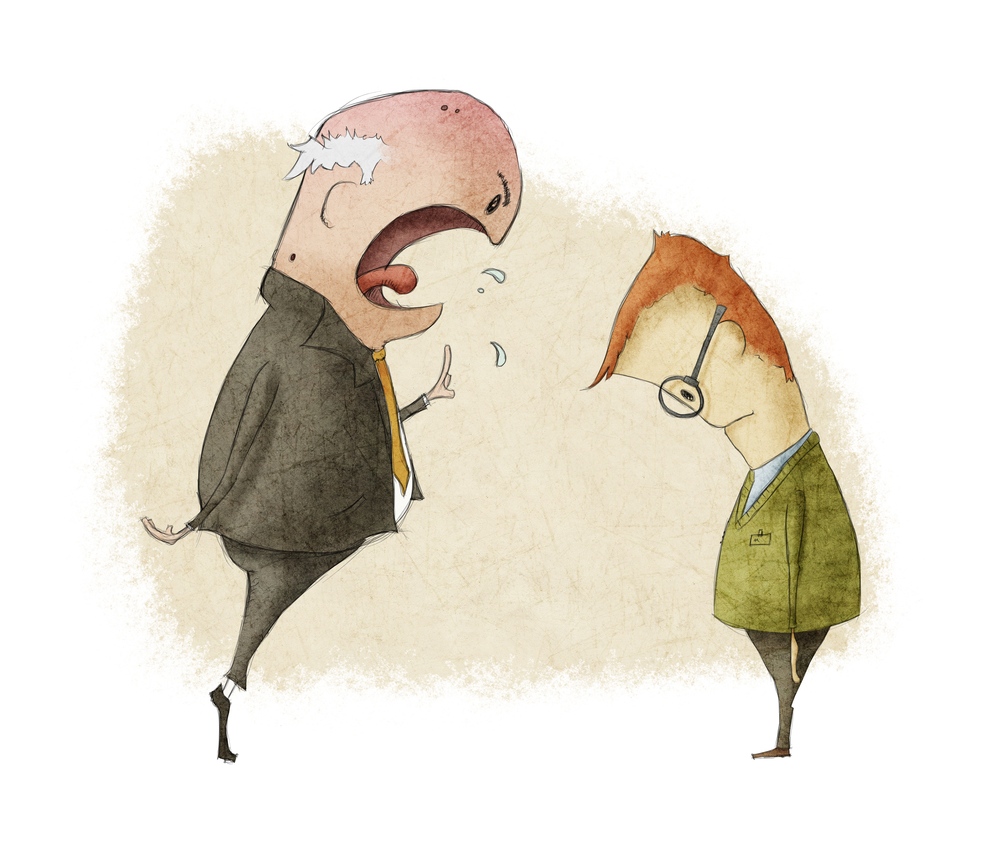Perhaps you are like me and occasionally enjoy looking at at a piece of art. Whether it is the color, systematic brush strokes and blending or perhaps it is the stylistic nature of the painting. To me art speaks volumes. I love admiring, analyzing and relishing in the beauty of the canvas–for some, admiration isn’t enough.
In 1996, Britain “Ripper” (not Jack the Ripper) emerged from the smoke as the world’s greatest art thief. It was soon found out that the ‘Ripper’ had been a local gardener and golf course keeper whose name was Mr. Bellwood. The first time this man was arrested, the police officers stormed his house to find a typical British dwelling; His wife Susan and their daughter were sitting in their living room having a cup of tea. At first the police feared they had the wrong man as Bellwood’s house had the appearance of being a middle-class home; it wasn’t until they began tearing down Mr. Bellwood’s walls that they found hidden away a gallery consisting of nearly 1,000 pieces of world history and art dating back to the 15th and 16th century. For obvious reasons he was arrested; but was released a mere two and a half years later on having good behavior. Since his release Bellwood has continued his thievery, taking into his possession over one-hundred-million pounds worth of history artifacts and art. It is now suggested that Mr. Bellwood has fled from England and is living overseas and working in the art world.
As soon art began to go missing, duplicates began to appear–however they were falsified documents and had to be authenticated. I don’t know about you, but authenticating something doesn’t sound like and easy job: it takes time, meticulous effort and observation.
When something is authenticated it is deemed, true, genuine, and ‘original to design and purpose’. While some people may heartily disagree with me, I suggest that authenticity in our world is an uncommon trait. Just like Mr. Bellwood, we as people so often portray ourselves as something that we are not or because of our historical pasts, feel unable to live authentically; but this is what our world needs! When you wake up in the morning, and leave your house people should be able to look at your life and be astonished by the courage and boldness that you have to live as you are. This doesn’t mean that we don’t learn from each other: in fact I am convinced that a life that stops learning is a life that stops living — similarly if we can’t live authentically before those who encompass our daily lives, I would ask if we are then truly living.
Authenticity flows beyond ourselves and into our family lives, our relationships and into our places of work. For those who choose to strive to live authentically it fosters a community that births life: a safe place where people are challenged, supported and offered an invitation into true relationship. This needs to become our new status quo. As I sign-off for now I leave you with a snippet from John McGee, who encourages us to live authentically before the people we serve: allowing our own story and personality to penetrate our own hearts and the hearts of those we serve.
“Unconditional love has to be expressed in our very being. Our presence has to evoke a peace like a single glimpse of the sun does in the midst of a storm. Our touch, words, and eyes have to be like a gentle breeze that calms the storm of fear and meaninglessness that is always lingering on the horizon. We must be authentic. How we use these has to reflect our own life-story and personality.” – John McGee
Ben Raine,
Director of Culture and Mentorship




















